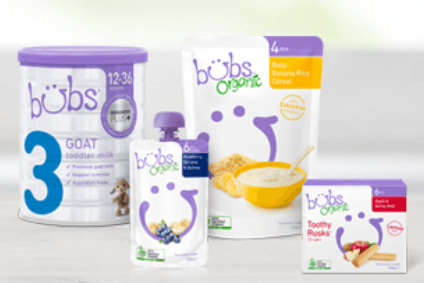
China’s ambition to reduce the market share enjoyed by international suppliers of infant formula operating in the country has been made clear in a newly-released document.
The document, from the country’s National Development and Reform Commission and six other ministries, including the Ministry of Commerce and Ministry of Industry and Information Technology, states China aims to increase local production of formula so more than 60% of the market can be supplied domestically.

Discover B2B Marketing That Performs
Combine business intelligence and editorial excellence to reach engaged professionals across 36 leading media platforms.
But no date has been set for that target to be met.
China’s growing infant formula market has some major overseas players, including Nestlé and Danone, and has attracted a growing number of international companies, especially from Australia and New Zealand.
Demand for infant formula from overseas grew among parents after a 2008 tainted-milk scandal involving domestic producers saw several infants die.
In the wake of that scandal, the Chinese government laid out a plan to improve safety standards in the infant formula sector through a combination of tougher regulation and consolidation.

US Tariffs are shifting - will you react or anticipate?
Don’t let policy changes catch you off guard. Stay proactive with real-time data and expert analysis.
By GlobalDataLast year, Beijing also introduced changes to registration requirements, which cut the number of infant-formula brands available on the market.
The newly-released document said domestic production is rising and there is increasing consumer confidence in China-made formula, Reuters, which has seen the newly-released document, reported.
The document has called for further consolidation and restructuring within the industry to eliminate outdated capacity and equalise product quality, Reuters said.
The news agency quotes data analytics firm Nielsen’s research which shows that domestic infant and toddler formula accounted for 43.7% of the Chinese market in 2018, after production grew 21% that year.





